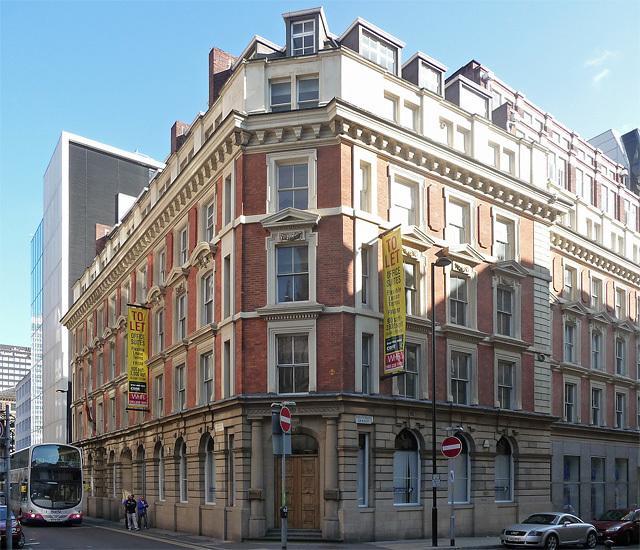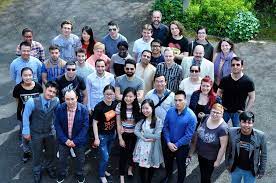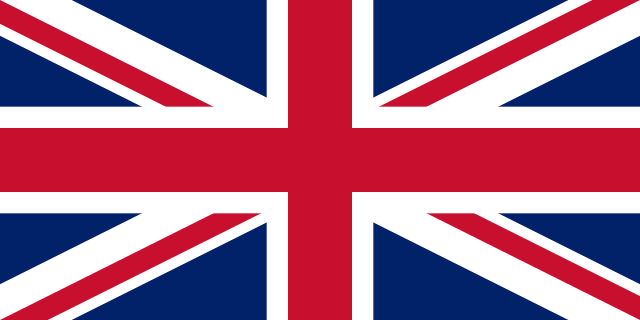nternational House Manchester has four Directors, Katie Hayes, Peter Hayes, Michael Brennan and John Glew-O’Leary.
Pete and Katie taught English. They met in Verona, Italy. They taught together at the Bell School, Prague. They decided to get married there, which was nice. From there they moved to teach in Italy, Canterbury, Oxford and Cheltenham. Finally settling in Gloucester. Katie started to work in a bank, Pete became a Director of Studies.
Mick loves football. He always has. At school he loved football and Blackburn Rovers FC more than he loved studying. But he did both as well as he could. He became Community Development Manager at his beloved club and he graduated from university in Sport Science.
Pete had the idea to start a summer junior English and football course. Mick understood what he meant. Together they made that happen. People wanted a year long football course, so they started one. Katie left the bank and started to work with them. She was good at maths.
Pete and Katie loved International House. They worked for them and studied there. So in 2014 they were both very happy to make their school “IH Manchester”.
John is a good teacher but an even better manager. Pete, Mick and Katie all liked John very much. So they made him a Director in 2018.
And so here we all are. All with our different skills and specialities, working together to make IH Manchester work best for its students. We all care very much about our school, so tell us if you want us to know anything at all to help make it better.


Business Type: Private
Institute Type:
Age Range: 16+
Gender: Mix
Curriculum:
Number of Students: 700
Percentage of International students: 40%
Country: United Kingdom
City: Manchester
International Airports: Manchester
Accommodation: GB 600
Transport: GB 100
Food: GB 300
Courses: Principle of Management, Business Communication
| Course Name | Duration | Minimum Age | Level | Fees | Intake | More Details |
|---|---|---|---|---|---|---|
| Medical English | from 1 Week | 16+ | 1,2,3 | View Course Details | All round year | |
| OET (Occupational English Test) | from 1 Week | 16+ | 1,2 | View Course Details | All round year | |
| General English | from 1 Week | 16+ | 1,2 | View Course Details | ||
| Professional English | from 1 Week | 16+ | 1,2 | look at the course detail | ||
| IELTS Preparation Online and in Manchester | from 4 Weeks | 16+ | 1,2 | View the course detail |
| Visa Name | Documents Needed | Visa Application Fees | ||||||
|---|---|---|---|---|---|---|---|---|
| Child Student Visa |
However, if you are under 18 years of age, some additional documents are needed. These are:
|
£348 | ||||||
| Student Visa | 2. Proficiency in the English Language You must prove that you are fluent in the English language. The level is measured on the CEFR (Common European Framework of Reference for Languages) scale. As proof, you must pass the Secure English Language Test (SELT).
Note: If you have applied for a course of degree level or more, then:
3. Eligibility criteria
The eligibility criteria for the UK student visa requirements are:
4. Documents Needed The documents needed for the student visa are:
However, if you are under 18 years of age, some additional documents are needed. These are:
Note: The offer letter for your study programme will mention whether the programme requires an ATAS certificate. 5. Tuberculosis Test Results
The main medical examination that you need to undergo is for tuberculosis. It is required if you intend to stay in the UK for more than six months. The test is a must for visa applicants from the specified list of countries. For this examination, you have to take the chest x-ray test. But, if the results are uncertain, then you have to provide a sputum sample. Only approved clinicians can perform the tests. If the results are negative for tuberculosis, you will get a certificate. The certificate will have validity for six months from the date of the test. 6. Proof of funds The sufficient funds required is £1,265.00 to support your living expenses and pay the UK's tuition fees. In the Confirmation of Acceptance for Studies (CAS), the funds required are:
Note: Proof of funds are not required if:
7. Immigration Healthcare Surcharge (IHS) You must pay the Immigration Healthcare Surcharge (IHS). It is mainly for those who want to stay in the UK for more than six months. The amount of money that you have to pay depends. It is dependent on the amount of time you live in the UK. If you are granted leave for less than six months, you need to pay half the annual amount. If you are granted leave for more than six months, you need to pay the full yearly amount. You can use the NHS (National Health Service) after you have paid the IHS. But, you will still have to pay for dental treatments, prescriptions, assisted conception, eye tests, and so on. |
£348 | ||||||
| Short Term Study Visa |
However, if you are under 18 years of age, some additional documents are needed. These are:
|
£95 |
The education system in the UK is also split into "key stages" which breaks down as follows:
Generally key stages 1 and 2 will be undertaken at primary school and at 11 years old a student will move onto secondary school and finish key stages 3 and 4.
Students are assessed at the end of each stage. The most important assessment occurs at age 16 when students pursue their GCSE's or General Certificate of Secondary Education. Once students complete their GCSE's they have the choice to go onto further education and then potential higher education, or finish school and go into the working world.
Our overview of the education system in the UK is divided into five main sections:
Primary education begins in the UK at age 5 and continues until age 11, comprising key stages one and two under the UK educational system. Please visit the British Council page for more information on primary education.
From age 11 to 16, students will enter secondary school for key stages three and four and to start their move towards taking the GCSE's - learn more about secondary education in the UK and what it will involve. Primary and secondary education is mandatory in the UK; after age 16, education is optional.
Country Name: United Kingdom
Capital: London
Population: 67000000
Currency: Sterling Pound
Monthly Maintenance: £1200

Life in Country:
There are a lot of things to do during student life in UK. The United Kingdom is worldly known for its natural refinement, millennium history, different cultures, Royal family, red buses, green hills fertile lowlands, and much more.
The world’s most famous universities are located in this country. The best scholars have studied at these universities Throughout the ages, the UK is the motherland of world-famous scientists, writers, novelists, diplomats, and philosophers. They are-
Studying in William Shakespeare’s lands is no less than a fortune. If you want to know the United Kingdom, you need to know its soul London first.